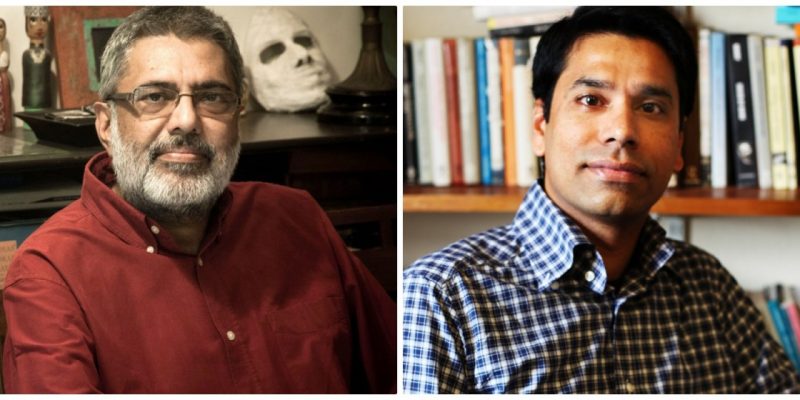In 1896, Bombay was hit by the plague. Like COVID-19 today, the plague was a new disease that left experts and authorities mystified and eventually ended up taking over a million lives.
The British Raj simply did not know how to deal with it and used methods that would be considered ruthless and racist now.
Thousands of people were displaced and lost their homes and belongings.
One fallout of the epidemic was the creation of a new planning body, the Bombay Improvement Trust, which built infrastructure and opened up new areas for housing for the middle-classes. The effects of that planning are seen even today and Bombay changed forever.
Dr Prashant Kidambi, associate professor in colonial urban history at the University of Leicester, has examined the plague and its fall out in his book The Making of an Indian Metropolis. He speaks to Sidharth Bhatia on the comparisons between the plague and COVID-19, and the lessons learnt then may be used today.




